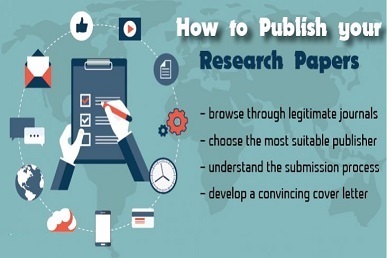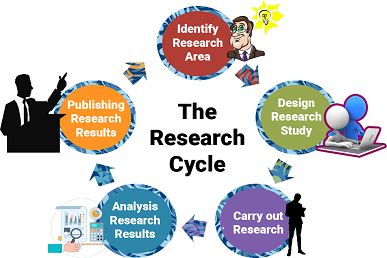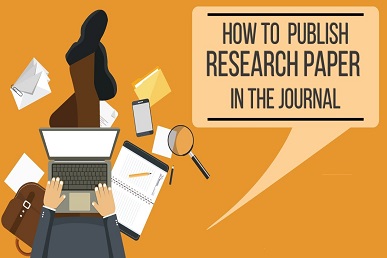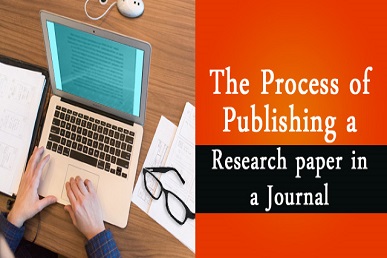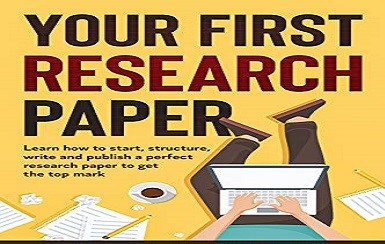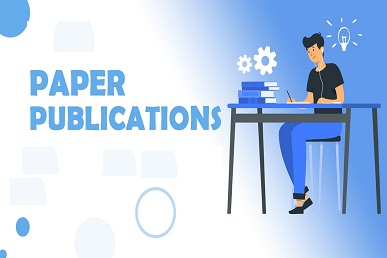PUBLICATION ETHICS
- The publication of a research paper in a peer-reviewed journal is an essential building block in the development of a coherent and respected network of knowledge. It is a direct reflection of the quality of the work of the authors and the institutions that support them. Peer-reviewed articles support and embody the scientific method. It is therefore important to agree upon standards of expected ethical behavior for all parties involved in the act of publishing: the author, the journal editor, the peer reviewer, the publisher and the society of society-owned or sponsored journals.
- JRITM aims to adhere to the guidelines and core practices of the Committee on Publication Ethics (COPE). All manuscripts are subject to peer review and are expected to meet standards of academic excellence. If approved by the editor, submissions will be considered by peer reviewers, whose identities will remain anonymous to the authors.
- Plagiarism
- Duplicate submission and Redundant publication
- Falsification
- Authorship and acknowledgements
- AUTHORS
- Editors and Reviewers
- Investigations
- Corrections and retractions
Authors must not use the words, figures, or ideas of others without attribution. All sources must be cited at the point they are used, and reuse of wording must be limited and be attributed or quoted in the text. Manuscripts that are found to have been plagiarized from a manuscript by other authors, whether published or unpublished, will be rejected and the authors may incur sanctions. Any published articles may need to be corrected or retracted.
JRITM journals consider only original content, i.e. articles that have not been previously published, including in a language other than English. Articles based on content previously made public only on a preprint server, institutional repository, or in a thesis will be considered. In such cases, the preprint or thesis must be cited and discussed within the article.
Redundant publication,the inappropriate division of study outcomes into more than one article (also known as salami slicing), may result in rejection or a request to merge submitted manuscripts, and the correction of published articles. Duplicate publication of the same, or a very similar, article may result in the retraction of the later article and the authors may incur sanctions.
The authors of submitted manuscripts or published articles that are found to have fabricated or falsified the results, including the manipulation of images, may incur sanctions, and published articles may be retracted.
All listed authors must have made a significant scientific contribution to the research in the manuscript, approved its claims, and agreed to be an author. It is important to list everyone who made a significant scientific contribution. We refer to the ICMJE guidelines. Author contributions may be described at the end of the submission, optionally using roles defined by CRediT. Submitting authors must provide an ORCID and we encourage all authors to provide one. Changes in authorship must be declared to the journal and agreed to by all authors. An author may change their name on a published article.
Anyone who contributed to the research or manuscript preparation, but is not an author, should be acknowledged with their permission.
submissions by anyone other than one of the authors will not be considere.
Authors must declare all potential interests in a ‘Conflicts of interest’ section, which should explain why the interest may be a conflict. If there are none, the authors should state “The author declare that there are no conflicts of interest regarding the publication of this paper.” Submitting authors are responsible for coauthors declaring their interests.
Authors must declare current or recent funding (including article processing charges) and other payments, goods or services that might influence the work. All funding, whether a conflict or not, must be declared in the ‘Funding Statement’.
The involvement of anyone other than the authors who
1) has an interest in the outcome of the work;
2) is affiliated to an organization with such an interest; or
3) was employed or paid by a funder, in the commissioning, conception, planning, design, conduct, or analysis of the work, the preparation or editing of the manuscript, or the decision to publish must be declared.
Declared conflicts of interest will be considered by the editor and reviewers and included in the published article.
Editors and reviewers should decline to be involved with a submission when they
Have a recent publication or current submission with any author
Share or recently shared an affiliation with any author.
Collaborate or recently collaborated with any author.
Have a close personal connection to any author.
Have a financial interest in the subject of the work.
Feel unable to be objective.
Reviewers must declare any remaining interests in the ‘Confidential’ section of the review form, which will be considered by the editors.
Suspected breaches of our publication ethics policies, either before and after publication, as well as concerns about research ethics, should be reported to our Research Integrity team.
Claimants will be kept anonymous if requested, though claimants may also wish to use an anonymous email service such as ProtonMail or TorGuard.
When errors are identified in published articles, the publisher will consider what action is required and may consult the editors and the authors’ institution.
Errors by the authors may be corrected by a corrigendum and errors by the publisher by an erratum.
If there are errors that significantly affect the conclusions or there is evidence of misconduct, this may require retraction or an expression of concern following the COPE Retraction Guidelines.
All authors will be asked to agree to the content of the notice.
An author name change after publication will be made to the article and any citing articles published by Hindawi without requiring documentation, a corrigendum notice, or informing any other authors, following a request to the journal or the Research Integrity team. Authors affiliated to the U.S. national laboratories may ask their institution to request this change on their behalf.

